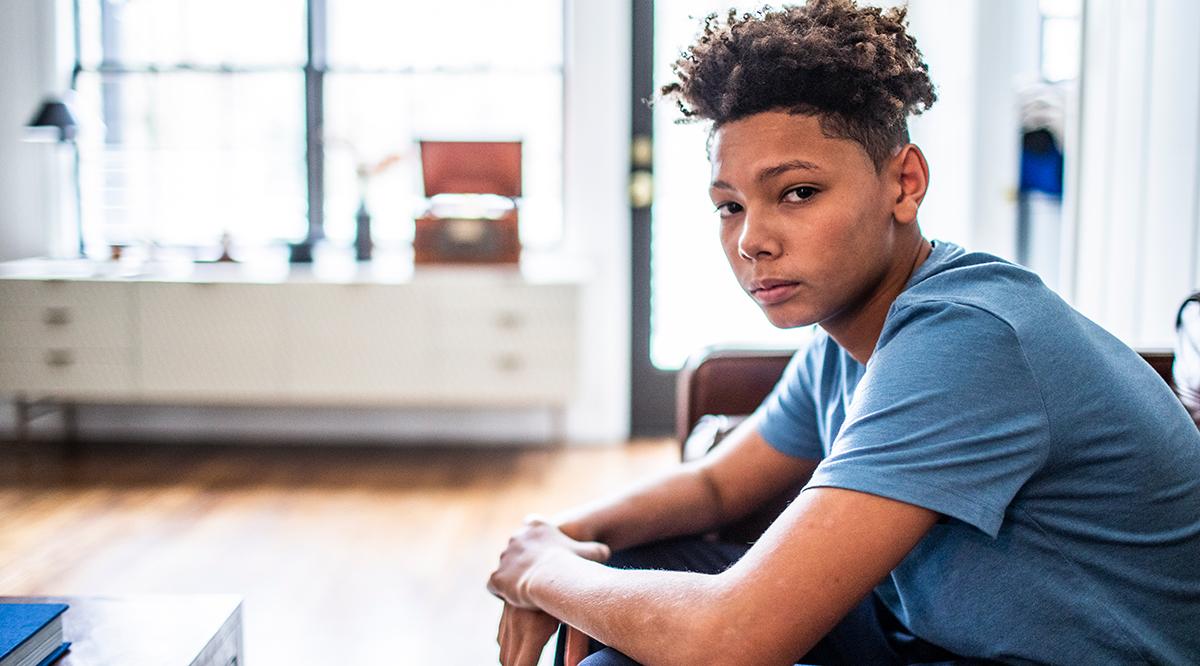One of Palo Alto’s darkest chapters is explored on the big screen in a remarkably personal documentary on suicides among students at the highly rated public schools in one of Silicon Valley’s toniest enclaves.
“The Edge of Success” features interviews with former students and teachers, parents and school officials reflecting on two tragic suicide clusters from 2009 to 2015 that claimed nine students’ lives. It premiered last week at the DTLA Film Festival in Los Angeles and is being shown at the Portland Film Festival this week.
Plans to bring the film to the Bay Area are in the works. But the Palo Alto Unified School District’s new superintendent has mixed feelings about it. Superintendent Donald B. Austin alerted parents about the film in an email this week, saying “it does not tell the full story about our school or school district.”

“The Palo Alto Unified School District did not require a documentary to keep the topic of suicide on the radar,” Austin, who joined the district in July, told the Mercury News in response to questions about his note to parents. “There are reminders everywhere. Fortunately, there are also services unlike any school district in California. Our current attention to the topic of mental health and wellness is unparalleled… I respect the filmmaker’s desire to tell a story. Conversely, I understand and respect our staff and students’ desire to move beyond that sad time in history.”
Liza Meak, a former NBC Bay Area TV producer who directed the film along with Kathryn Basiji, a graduate of the district’s Gunn High School, said in an interview that “we tried to depict the school in a fair and accurate way.”
A mother of three daughters who lives in nearby Redwood City, Meak said the teen suicides struck her as a parent and she wanted to hear from students what they were going through.
In the film, student Tone Lee says he lost three friends to suicide and, head bowed, admits he even thought of it himself.

“I lost hope, yeah,” Tone, who graduated from Gunn last year, says in the film, recalling how he had trouble sleeping his first years at the school because of pressure he felt to keep up with his driven classmates. “I think it’s hard to tell yourself that you’ll be, like, fine in life when you look around and all your fellow classmates are just excelling in their classes and they don’t have to put as much time into their work.”
Olivia Eck, who also graduated from Gunn last year, talks about the tremendous competition to be selected at a top school and her rejection from her top pick.
“The people who don’t get into, like, top schools are talked about, they’re made fun of, and I don’t want that for myself,” Olivia says in the film, noting most students are immersed in costly tutoring and test preparation to ensure success. “It’s Silicon Valley, most people are filthy rich.”
The film notes Palo Alto schools responded with a host of measures: They eliminated early start time, limited homework to 15 hours a week and added four full-time therapists. A Gunn teacher started a “positive psychology” class that was overwhelmingly popular.
And the film adds that teen suicides are hardly just a Palo Alto problem. School administrators throughout the Bay Area have expressed similar concerns and adopted programs to alleviate student stress. But many of Palo Alto’s suicides were very public — on the Caltrain tracks — making them more widely known.

Many of the students featured in the film went public with their concerns at the time, with video on social media that went viral and articles in the student newspaper. In the film, they suggest the district’s response largely fell short.
Sawyer Lythcott-Haims, who graduated from Gunn last year, spoke highly of the “positive psychology” class. But overall, he says in the film, “I don’t think that the changes that they made were the best that could have been done, but I think that they were easy and they could look good.”
In the film, school board President Ken Dauber says he is “disappointed” that “so many of our students” continue to struggle emotionally with the school culture.
“I think it is better than it has been in the past, but by no means better enough,” Dauber says. “One of the reasons that I feel optimistic is because I can see the changes in the community and changes on the school board and among staff in really seeing the issue of student well-being as a core issue.”
Suicide: Help is available
Santa Clara County Suicide and Crisis Hotline: 855-278-4204
National Suicide Prevention Hotline: 1-800-273-8255
www.suicidepreventionlifeline.org
Crisis Text Line: Text HOME to 741741
www.crisistextline.org


